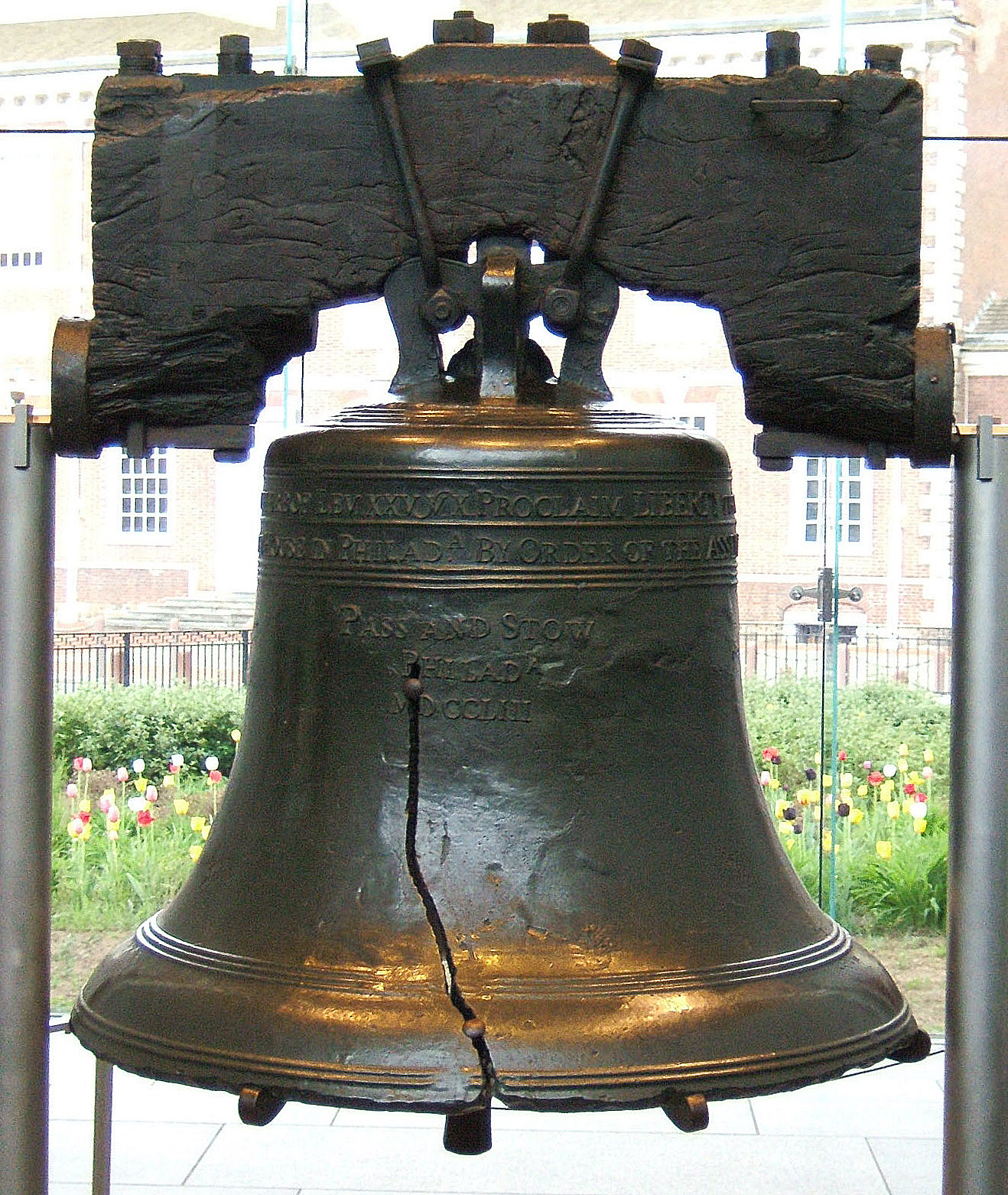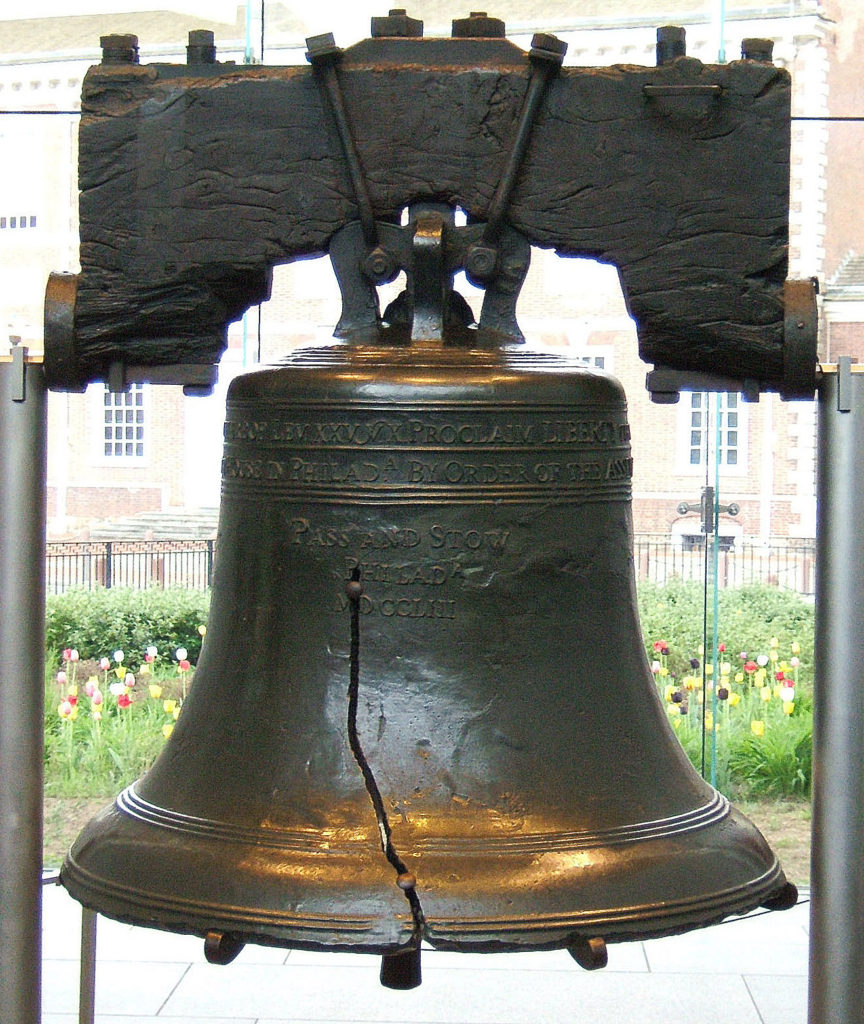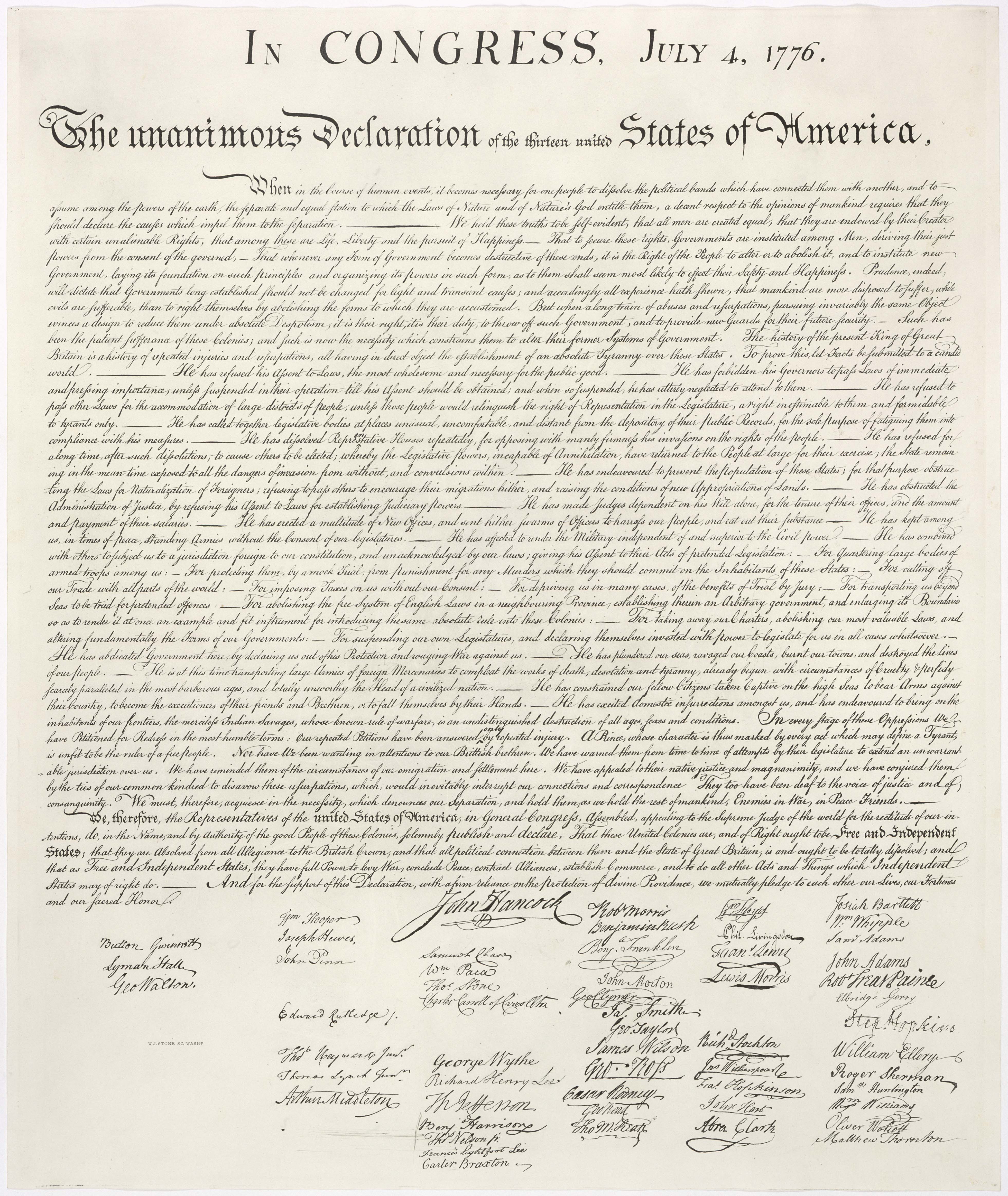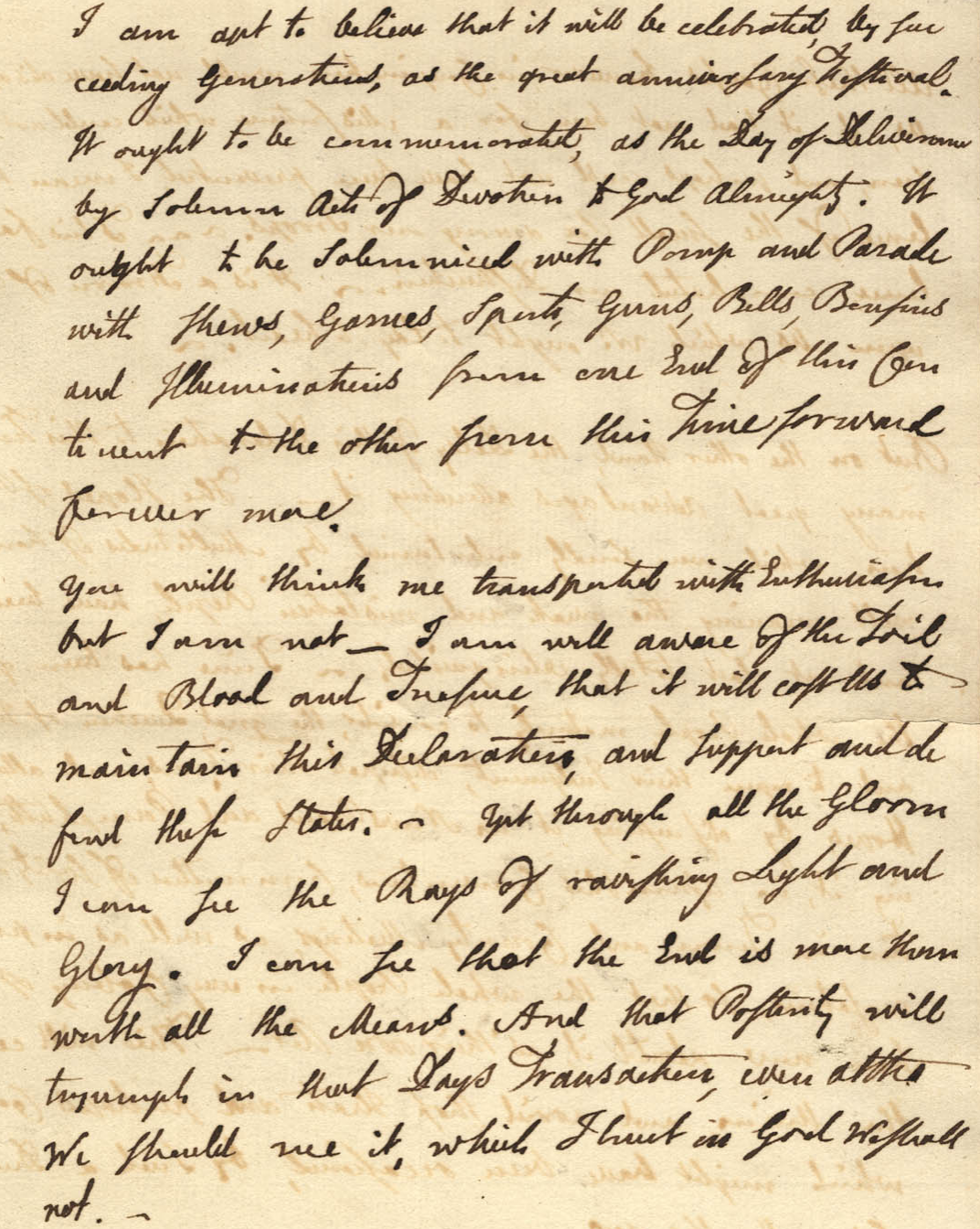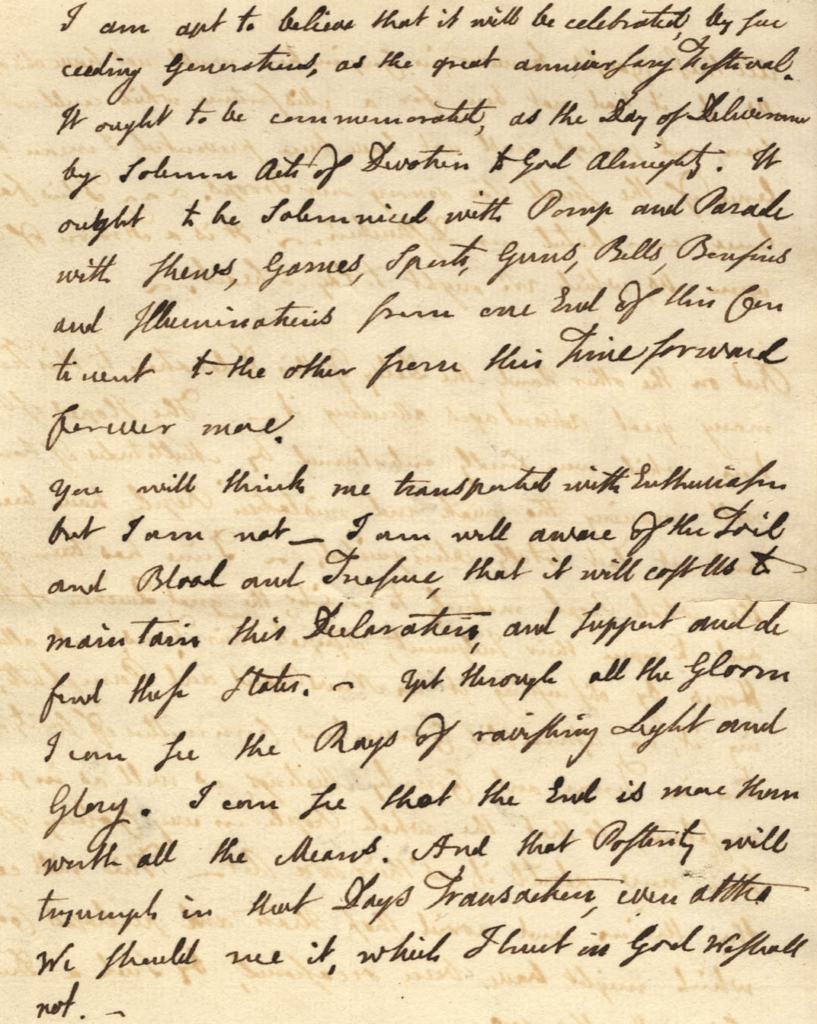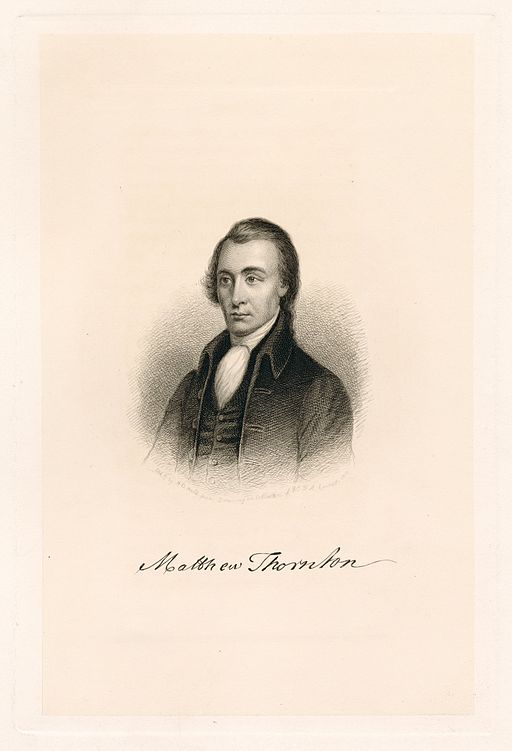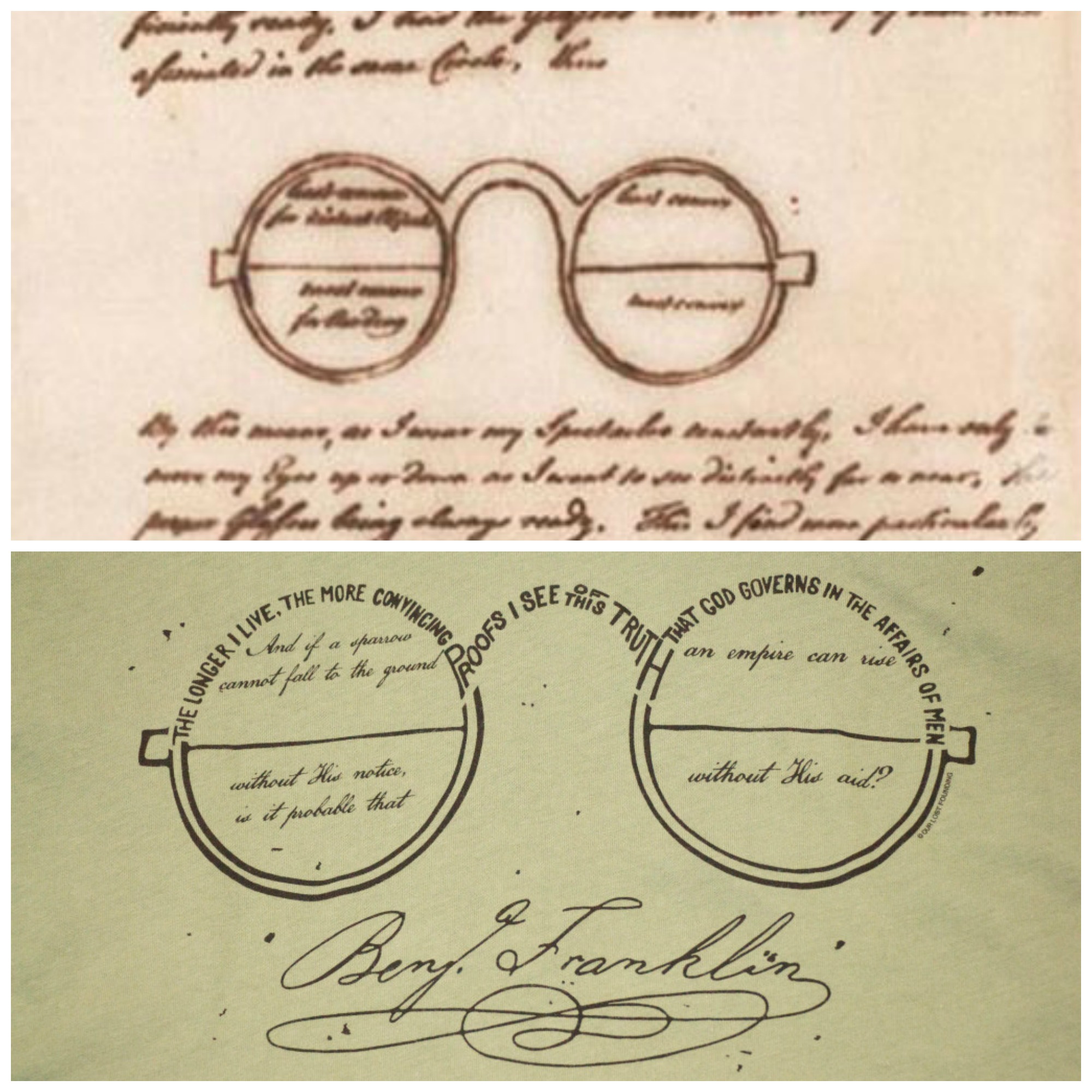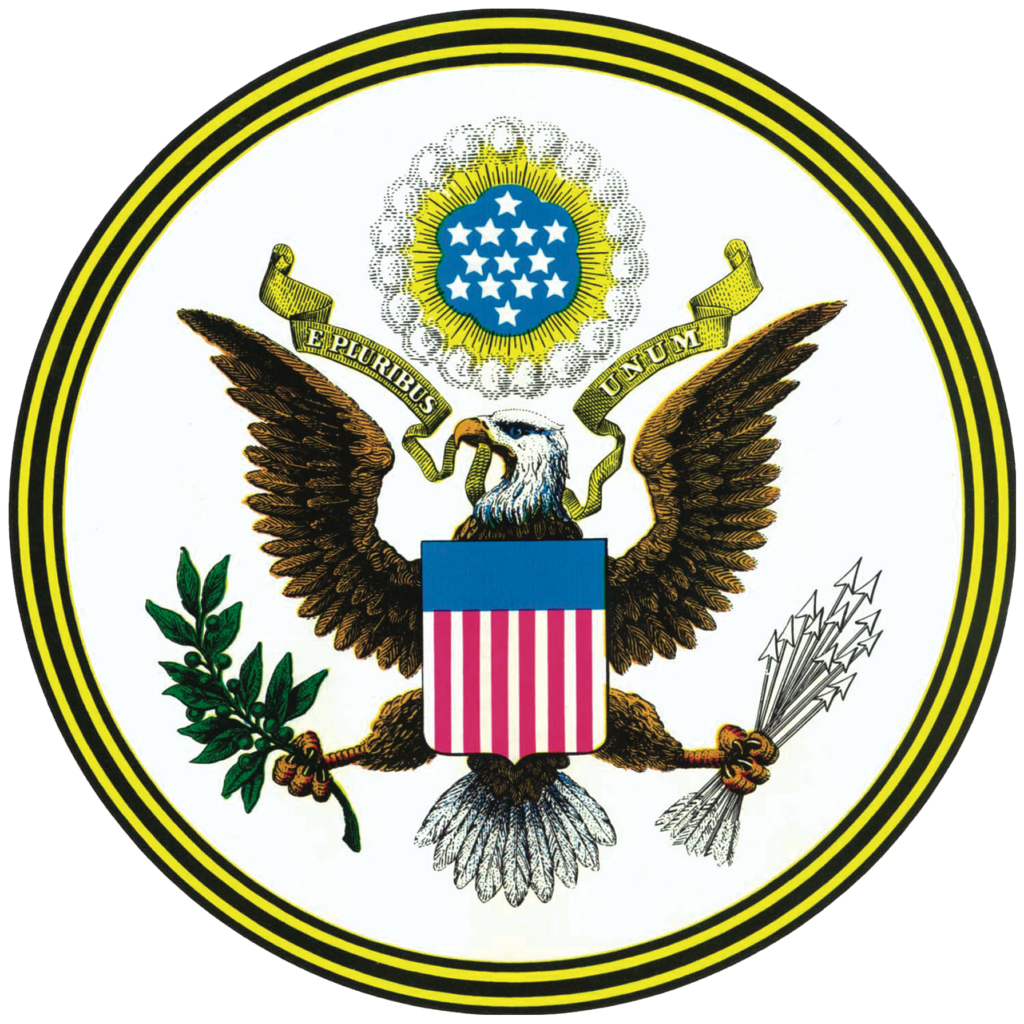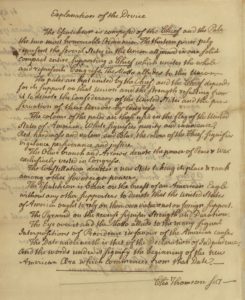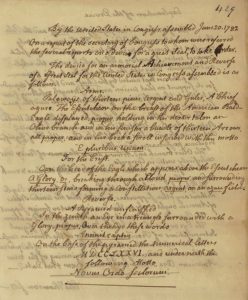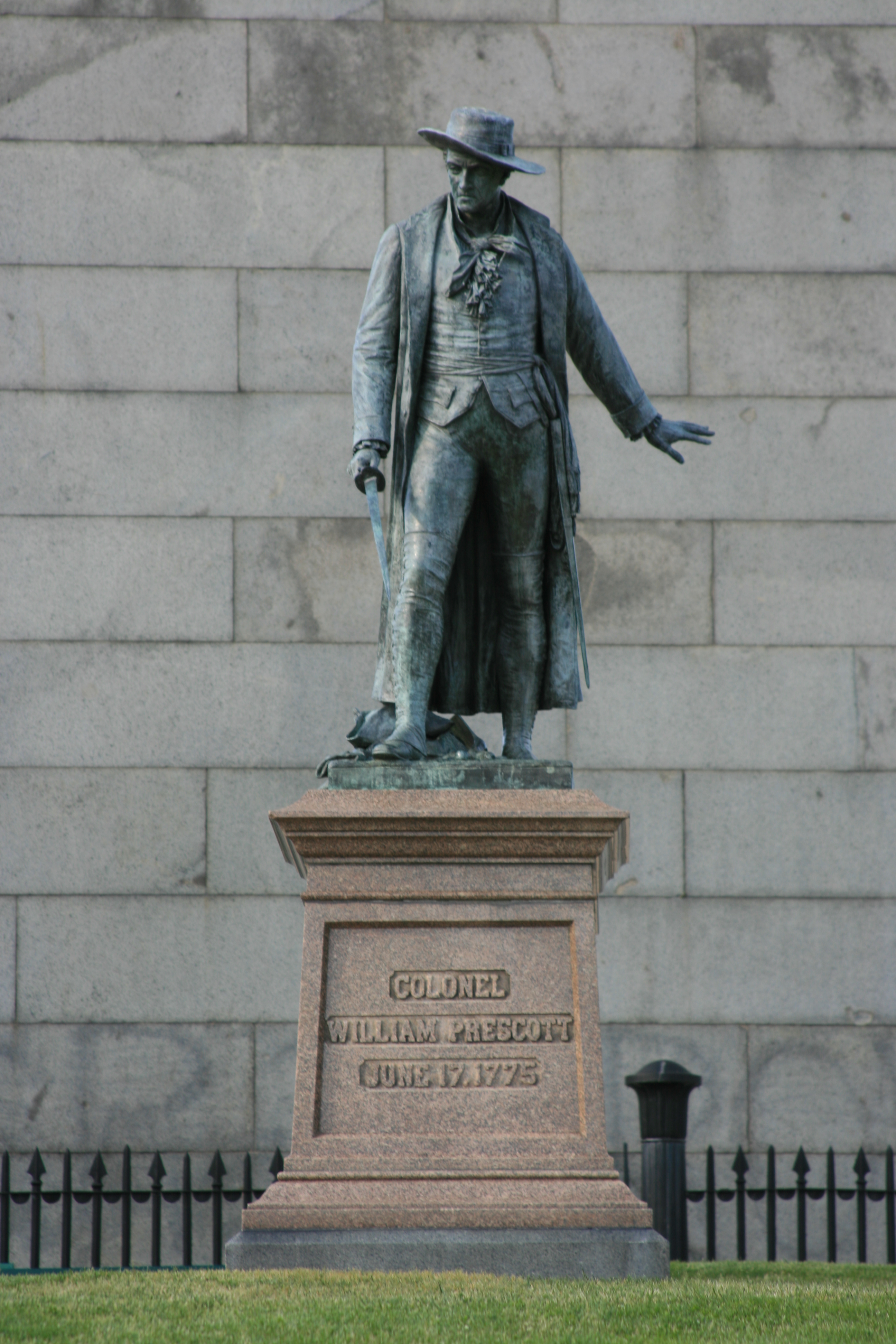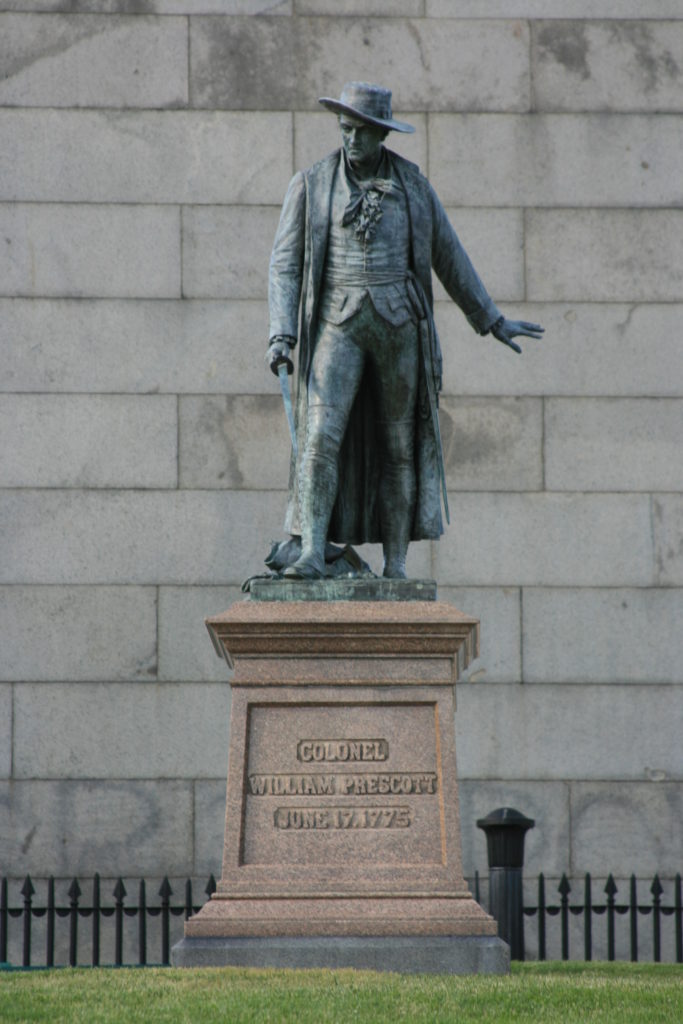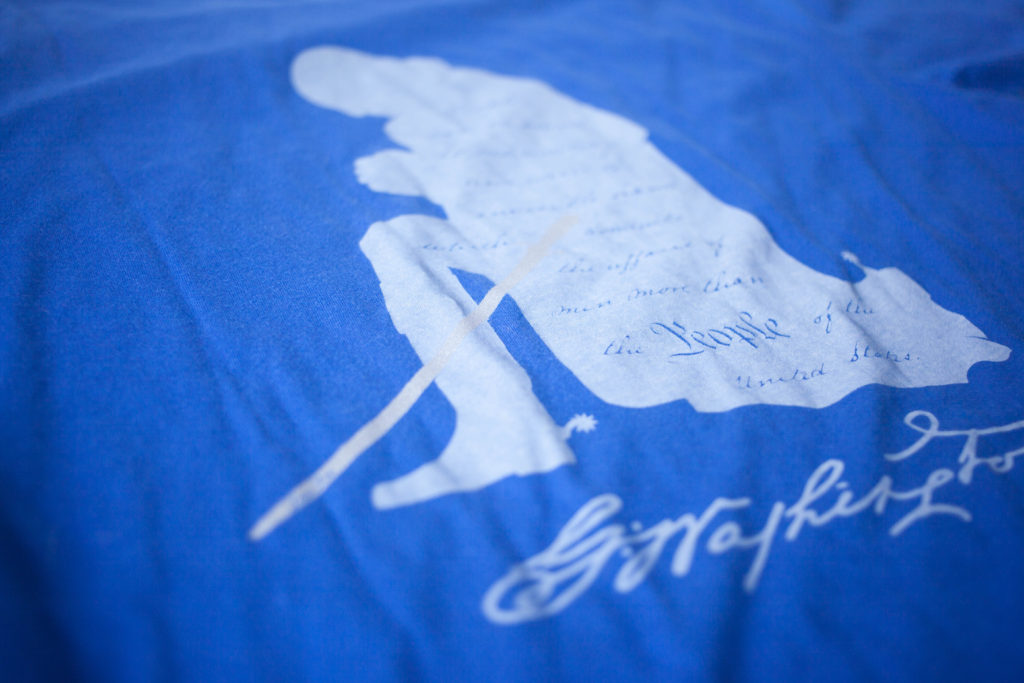On this day in 1776, fifty-six delegates of the Second Continental Congress add their signatures to the Declaration of Independence.
Eight of these 56 signers were born in Great Britain.

Exactly one month prior, on July 2nd, the Congress accepted this resolution put forth by Richard Henry Lee:
“Resolved: That these United Colonies are, and of right ought to be, free and independent States, that they are absolved from all allegiance to the British Crown, and that all political connection between them and the State of Great Britain is, and ought to be, totally dissolved.”
Then, two days later, on July 4th, Congress adopted the Declaration of Independence, put forth by the “Committee of Five.” The Committee consisted of Thomas Jefferson, John Adams, Benjamin Franklin, Roger Sherman and Robert R. Livingston, although Jefferson wrote most of the Declaration with the others suggesting edits.
Finally, Timothy Matlack, a brewer known for his exceptional penmanship, likely engrossed Declaration on parchment. Parchment is animal skin that has been treated with lime and stretched.
Most importantly, the Declaration contains no less than four references to Almighty God, active in Our affairs: “Laws of Nature and Nature’s God,” “Creator,” “Supreme Judge of the world,” and “divine Providence.”
Sealed
Currently, this copy is on display at the National Archives in Washington, D.C., with the Constitution and Bill of Rights. Interestingly, these “Charters of Freedom” are in gold plated frames encased in ballistically resistant titanium and aluminum. Additionally, the encasement contain inert gas argon and a controlled level of humidity.
Also, for more on the Declaration of Independence, please revisit Our July 2nd and July 4th posts:
https://ourlostfounding.com/illuminations-one-end-continent/




